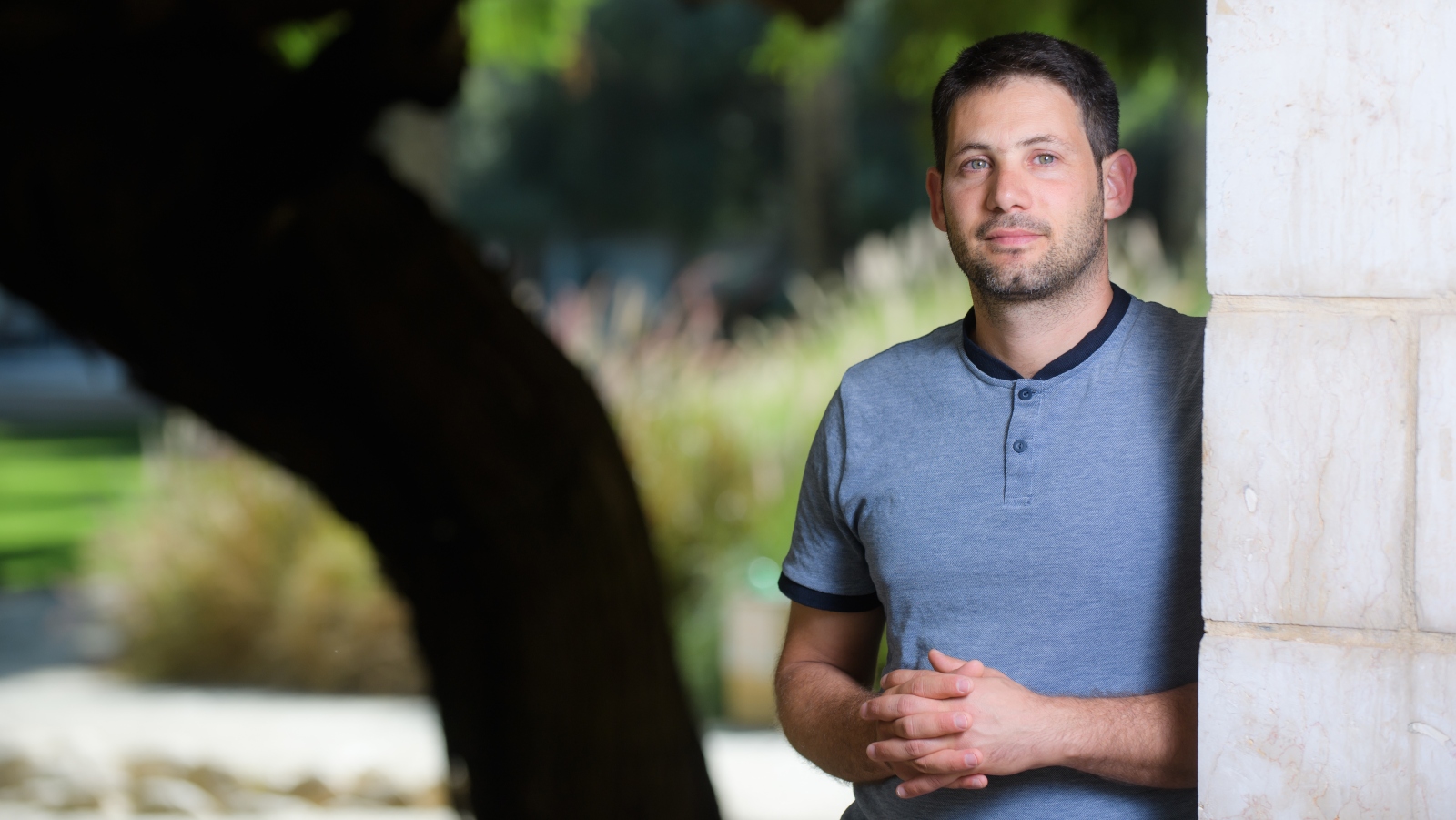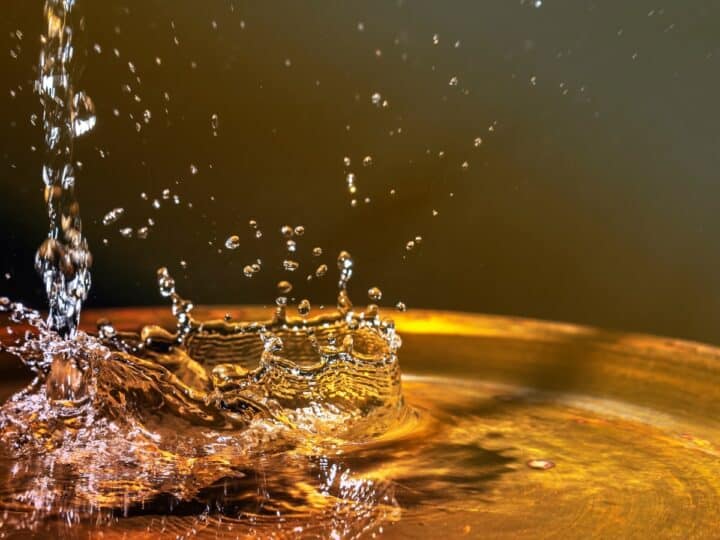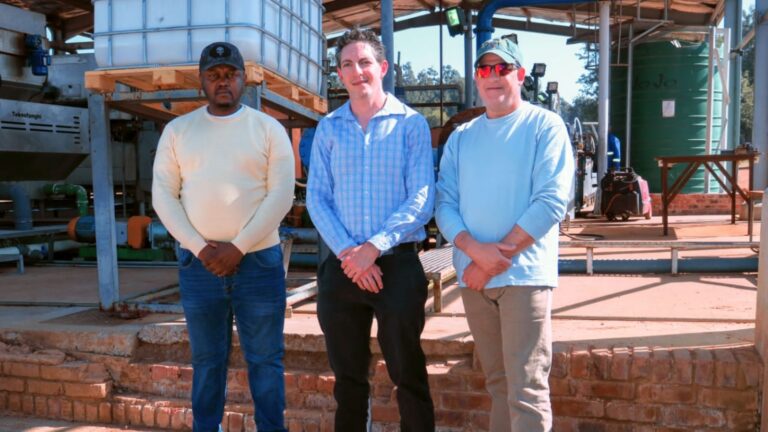A circular process that turns toxic wastewater from the chemical fertilizer industry into clean water — while recovering valuable acids from the wastewater – has been developed by environmental scientists at Ben-Gurion University of the Negev.
Phosphoric acid is the main ingredient in agricultural fertilizers, a massive industry worldwide.
“Phosphoric acid production generates a lot of industrial wastewater that cannot be treated efficiently because of its low pH and high precipitation potential,” explained co-lead researcher Oded Nir.
“Today, the wastewater is usually stored in evaporation ponds. However, these are prone to breaches, leakage and flooding. Only a few years ago, an ecological disaster in Israel occurred when millions of cubic meters of this acidic wastewater were flushed down a creek. Conventional treatment processes run into difficulties dealing with the acidity, salinity and hardness of the wastewater.”
Nir and PhD student Lior Monat therefore devised an alternative three-step process for treating phosphoric acid wastewater. The novel process, described in the journal ACS Sustainable Chemistry and Engineering, uses selective electrodialysis, reverse osmosis and neutralization.
Tested with synthetic wastewater in the lab, the process successfully recovered clean water and phosphate while reducing the volume of wastewater by 90 percent. The power used in the process was low enough that the scientists believe their method would be sustainable and techno-economically viable.
“This process is very promising, and we encourage industry players to examine its potential and applicability at their factories,” said co-lead researcher Roy Bernstein.
The project was done at the Zuckerberg Institute for Water Research, part of the Jacob Blaustein Institutes for Desert Research on the Sde Boker campus of Ben-Gurion University.
Fighting for Israel's truth
We cover what makes life in Israel so special — it's people. A non-profit organization, ISRAEL21c's team of journalists are committed to telling stories that humanize Israelis and show their positive impact on our world. You can bring these stories to life by making a donation of $6/month.








